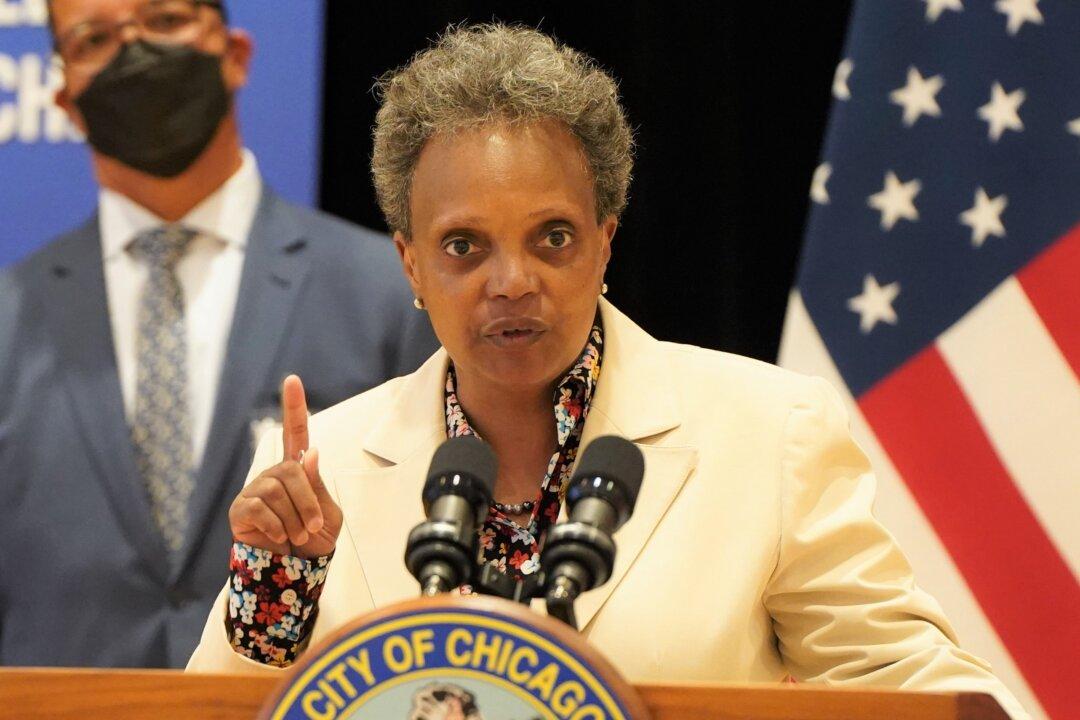CHICAGO—Chicago Mayor Lori Lightfoot retains the power to hire and fire the police chief and the final say on policing policy disputes in the newly passed civilian police oversight ordinance.
The ordinance, approved by a narrow margin by Chicago City Council on July 21, will create a new seven-person civilian board to oversee the Chicago Police Department (CPD), the second-largest metro police department in the nation.





